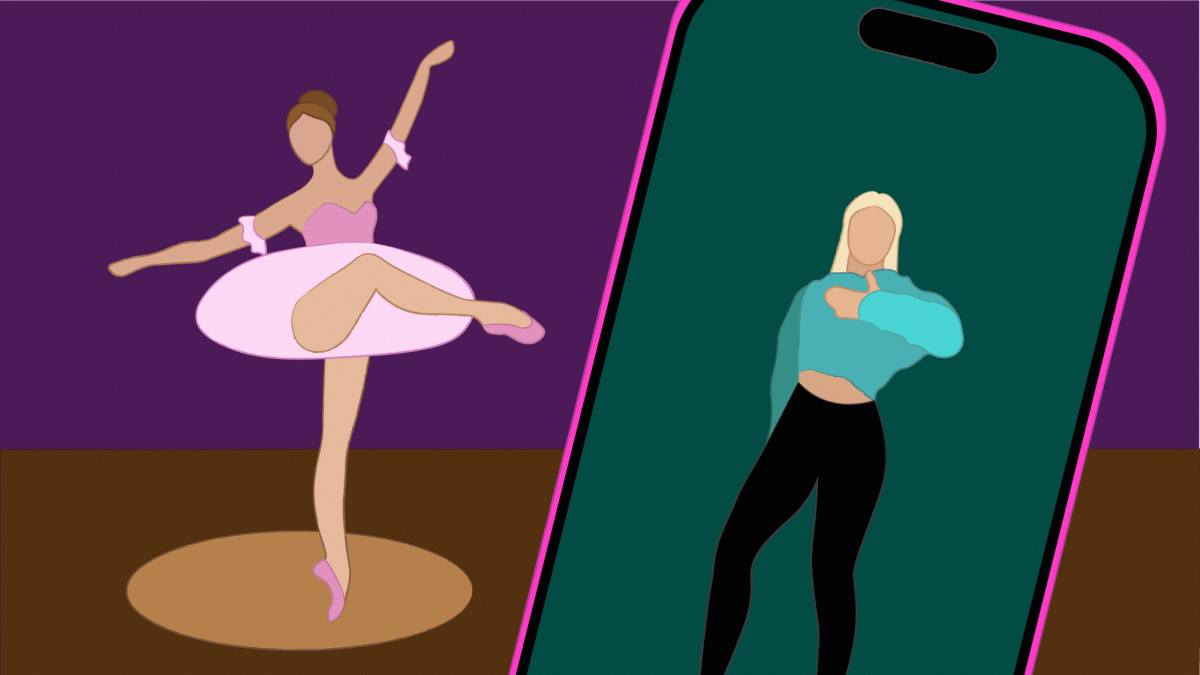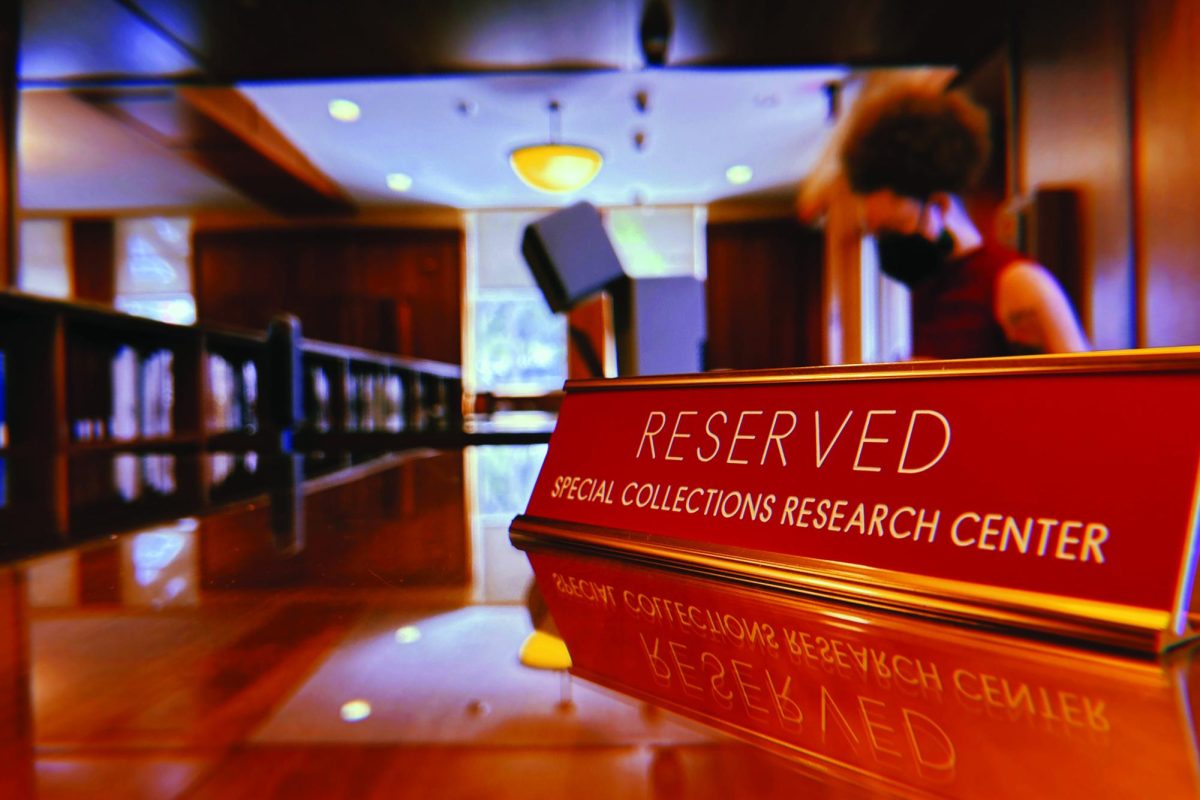The Facts:
James Carroll was arrested last week on charges related to child pornography. The issue has been a hot topic of debate at the University since.
Our Opinion:
Child porn is not a particularly endemic problem at the University, but it brings up the larger issue of Internet habits. Student should take this catalyst as an opportunity to reassess their downloading and other potentially risky behavior on the Web.
James Carroll, a sophomore in First Year College, was arrested on charges of second-degree exploitation of a child last week after allegations he possessed child porn and intended to sexually engage a 5-year-old girl.
Students can safely assume that this behavior is perverse and atypical, but it brings up some larger issues about Internet privacy.
Contrary to popular belief, students’ online activity — especially on campus — is closely watched. Students who think the Web is blind and believe their behavior will go unnoticed are grossly naïve and need to take a reality check.
Web browsing is easily searchable and can be prosecuted for myriad offenses. Whether students are illegally downloading music and movies, or engaging in more subversive behavior, they should take a lesson from Carroll — apart from the obvious.
Kiddie porn is definitely out of the norm, but many students on campus download other illegal content every day. Law enforcement isn’t as vigilant on music as with grossly seditious conduct, but it can still bite students in the rears.
The warning e-mails from the University about downloading habits shouldn’t be taken lightly and students should be wary of questionable routines.
If your mother — or father — wouldn’t approve, law enforcement probably won’t either.
A great deal of online manners should be nothing more than common sense — child pornography, for instance. But the incident should serve as a very high-profile catalyst for students to review their Internet activities.
The Office of Student Conduct has bogged students down in a great deal of trouble for seemingly trivial offenses in the past and will doubtlessly do so in the future. As a matter of self-preservation, students must take an active role in ensuring their downloading and Internet searching habits will not result in unnecessary legal trouble.
The hundreds of students who have faced prosecution by the RIAA and James Carroll probably wish they were a little more cautious at the computer console. At the very least, it’s something to think about.



